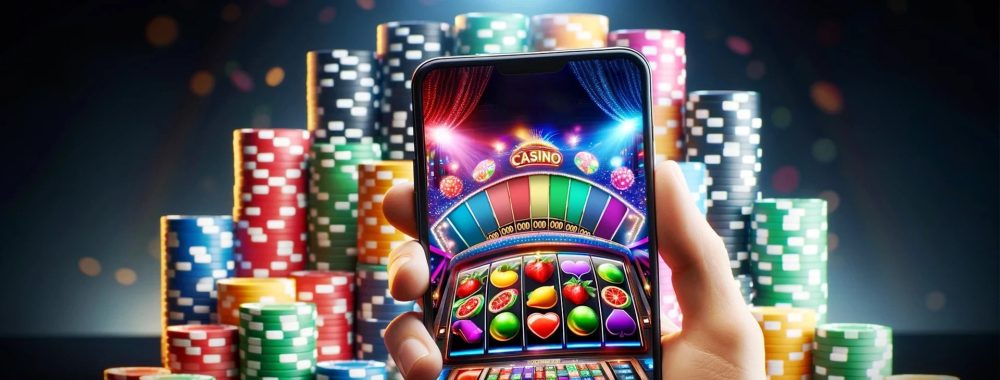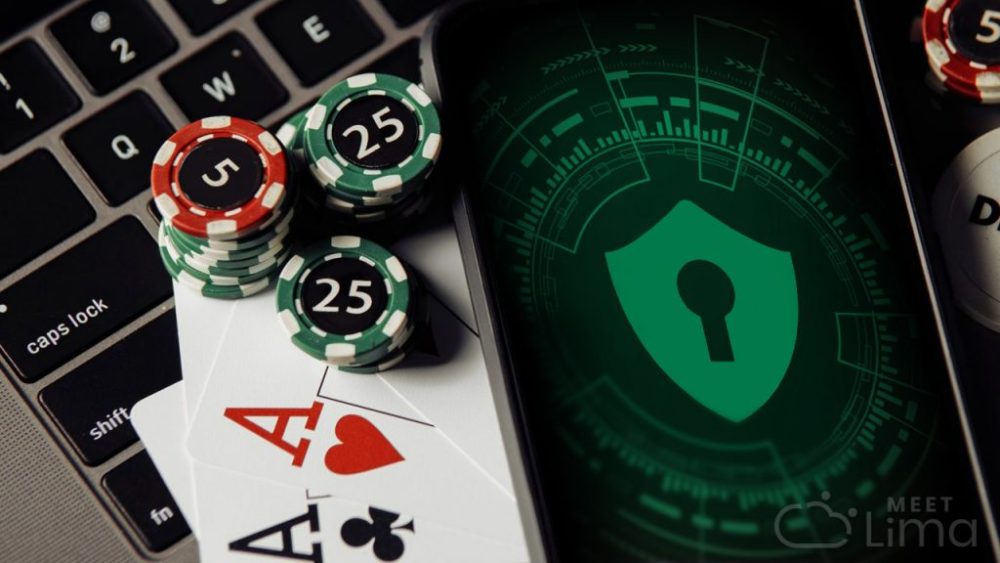From spitting over the left shoulder to lucky talismans, the world of gambling is full of various omens and rituals. Players believe that these unwritten rules can bring luck and help tip the scales in their favor. In this article, we have gathered the most common omens that exist in various disciplines to understand where they come from and how much modern players believe in them.
The history as a mirror of omens in gambling
Since ancient times, gambling has been associated with the divine. In Ancient Rome, dice were cast on the altar of Fortuna before the game. In Japan, they avoided the number 4 because “shi” sounds like “death.” Superstitions have always reflected cultural archetypes.
In the 1960s, American slots began replacing bar symbols with horseshoes and sevens – visual symbols of luck. In Macau, they wrap the right hand with a red thread, and in Latin America, they put a $2 bill under the shirt, considering it lucky.
Symbols, shadows, and numbers: where superstitions grow from
Gambling does not create belief – it feeds on it. Omens in gambling do not appear out of thin air: the statistics of losses make people seek meaning in chaos. The first big win that coincided with a blue tie or an even number – and the tie becomes an artifact.
In Las Vegas, 87% of regular casino participants apply personal rituals, although few openly admit it. The compensation mechanism kicks in: a loss triggers a search for reasons beyond logic.
The largest casinos in Macau note that the number of players ordering the same snack before playing slots has increased by 24% over the last 3 years. Beliefs transform the mundane into the ritual when a regular piece of gum in the pocket suddenly symbolizes luck.
How everyday rituals are formed
Superstitions in casinos are rarely spoken out loud but manifest in actions. A player avoids the first slot machine at the entrance, changes seats if there is only one card left on the table, freezes on the number 7. Each belief in the gambling environment becomes an individual guide, helping to feel confident in bets.
Specific forms of belief in luck:
- Clothing color – red brings luck according to 52% of Chinese players, according to the Asia Gambling Report.
- Lucky charms in casinos – coins with holes, dragon figurines, rabbit’s feet, agate stones.
- Phrases before placing a bet – most casino participants recite their own “incantations.”
- Actions before playing – mandatory circling of the hall, choosing “your” dealer, counting to a certain number before making a throw.
- Sides and places – players often choose the same side of the roulette wheel, a seat at the poker table, a specific slot.
Each such element enhances confidence. And confidence is the first ingredient of winning. Omens in gambling create a rhythm in which gambling merges with belief.
The mechanics of victory: why luck in casinos is not always random
Omens in gambling activate hidden psychophysiological mechanisms. Anxiety decreases, concentration increases, intuition improves. A casino participant does not just throw a chip – they follow a personal coordinate system.
Neuropsychologists at Ohio University have proven that belief in omens improves performance in complex situations by 17%. A simple touch to a talisman activates the brain’s dopamine zone, enhancing confidence. Fortune rarely comes to the doubtful.
Bad omens in casinos and their consequences
Some signs, on the contrary, undermine decisiveness. Superstitions in casinos create anxiety and can thwart a win. Among them are black cats on the screen, an empty wallet at the moment of betting, a dealer yawning. Not every belief in a casino brings luck – sometimes it derails.
A player confident in a negative outcome loses control over the course of bets. Decision-making speed decreases, focus drops. According to a study by the Institute of Gambling Psychology in Prague, players faced with an anxious “sign” make bets 31% less confidently.
How to attract luck in gambling
Intention shapes the script of victory. Psychology confirms that a clear mindset before playing increases the chances of winning. Players who have predefined strategies and internal “success settings” win 23% more often.
Such rituals strengthen determination and give actions a special meaning. Established symbolism or repeated actions signal to the brain: “it’s time for a win.” Even a simple habit of placing a chip in a specific place transforms the process into a manageable ritual.
Traditions that do not change: what guides the player
Even with digital breakthroughs and algorithmic game design, superstitions in gambling entertainment persist. Participants intuitively continue to seek connections between signs and outcomes. Lucky omens in gambling remain anchors in chaos.
On average, 3 out of 5 regular casino clients maintain a personal ritual. Some professionals develop entire “sign cards”: recording dates, music, lighting, faces in the hall. The level of attention to detail is like that of a shuttle launch navigator.
Where mysticism ends and calculation begins
Omens in gambling do not replace knowledge; they shape the emotional framework of behavior. With a clear strategy, a player uses superstitions as background support, not as a guide to action. It is at this intersection of intuition and calculation that a stable gaming style is formed.
Financial losses more often occur for those who rely entirely on superstitions. When the strategy is completely ignored, the risk doubles. The psychology of winning requires balance: belief for motivation, analysis for results.
Victory requires composure, belief in internal logic. Omens are the bridge between them.
What makes an omen effective in gambling
Game beliefs work not in isolation but as integrated elements of strategy and mindset. A working omen is not just repeated but tied to the internal state. The same ritual will work differently for two players.
Psychologists note that when a belief is consciously used as a way to enter the “game mode,” it enhances focus. When it turns into a compulsion, it reduces effectiveness.
For example, a participant who lost due to an unfulfilled ritual often refrains from further bets. Loss of control blocks actions. Through conscious adaptation of rituals (changing clothing color, updating talismans), a player restores confidence.
Gambling as a mirror of culture: omens in the world
In the Philippines, the number 8 is considered a symbol of endless luck. In Australia, Aboriginal people avoid the number 13. In the USA, a lucky dollar is often placed under the sole, and in Singapore, before a major game, they eat noodles – a symbol of “stretching” success.
In 2023, Borgata Casino (Atlantic City) conducted a study: 64% of surveyed guests admitted to changing their betting strategy based on superstitions.
Conclusions
Omens in gambling help build an individual “architecture of luck.” They do not provide guarantees but ensure stability. Through signs, symbols, repetitions, a sense of control is created in a sphere dominated by uncertainty. Luck loves order within chaos. Fortune is fickle, but self-belief is constant. It is this belief that determines whether a bet will be successful.
 en
en  de
de  ar
ar  es
es  hi
hi  fr
fr  nl
nl  it
it  pt
pt  el
el 









